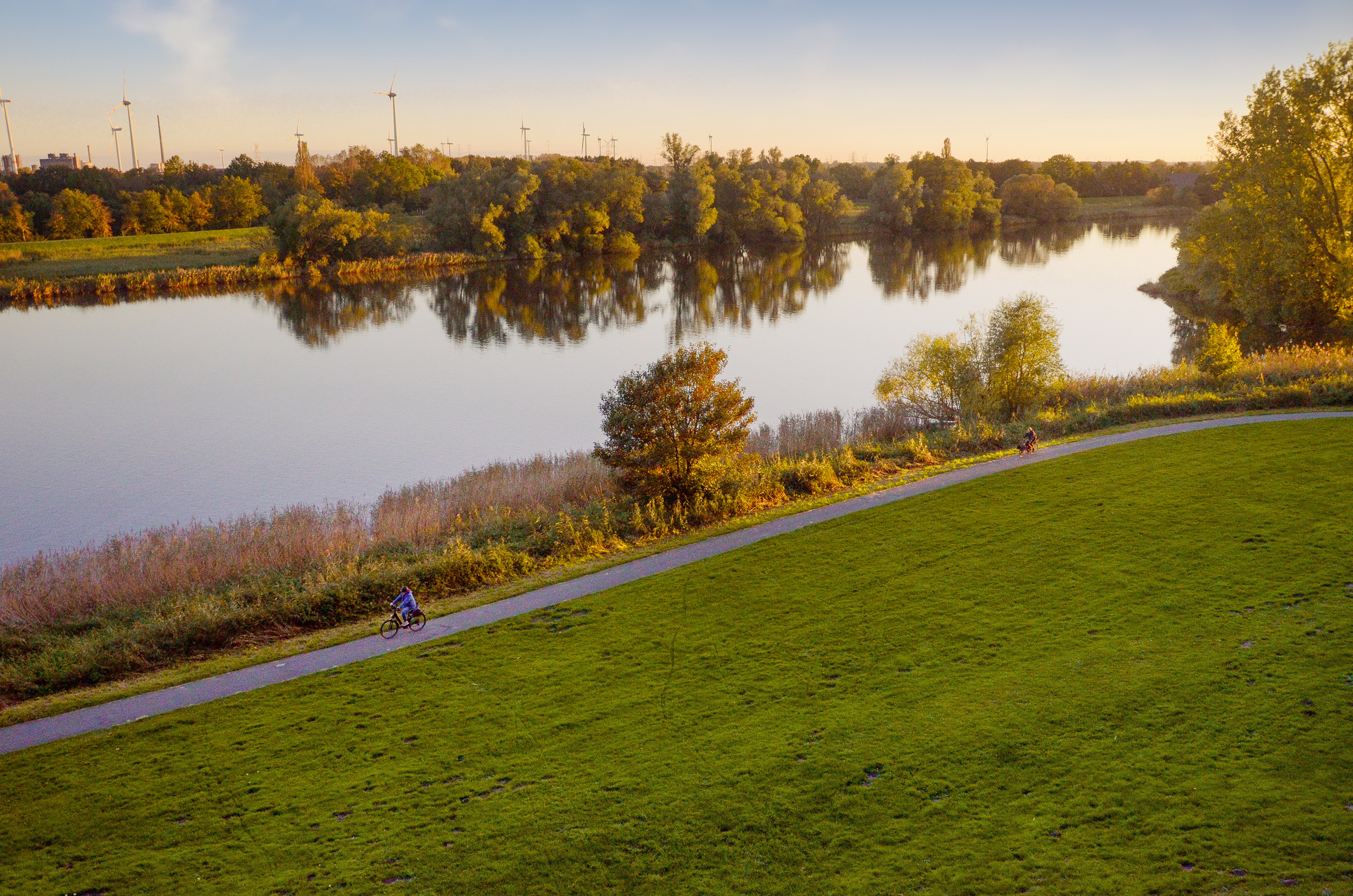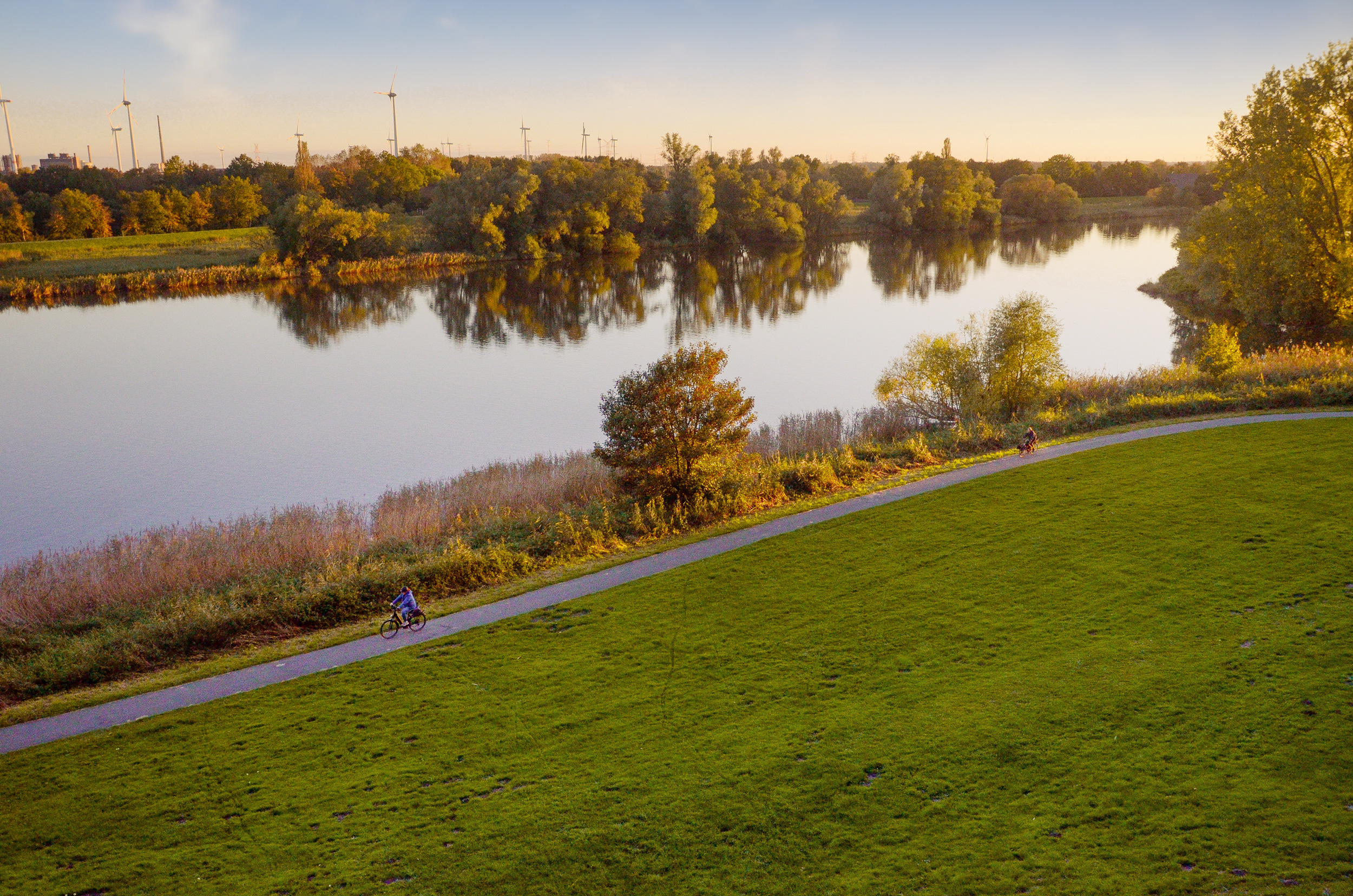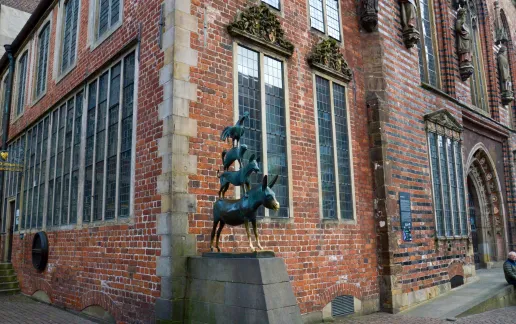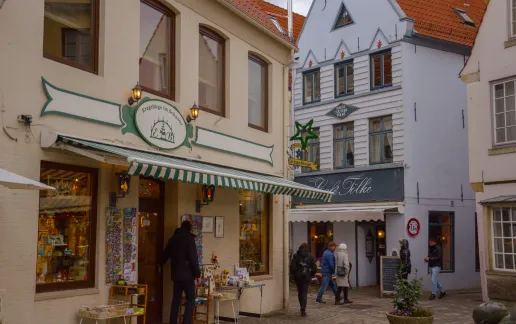It’s not the kind of culture shock that slaps you in the face. It’s the kind that lingers in the background, reshaping how you move through the day.


No one really prepares you for the quiet disorientation that comes with moving to Germany. It’s not dramatic, but slowly, subtly, you begin to feel like you’re walking slightly out of rhythm with the world around you. You don’t realize it at first. But then the shops close at 8 PM, and you’re standing outside a locked supermarket, holding an empty fridge and your bad planning in your hands.
In Germany, time is sacred. Punctuality isn’t a nice-to-have, it’s the baseline. A train scheduled to leave at 16:02 will begin pulling away at exactly 16:02, and no one will look up. People arrive early to appointments, meetings begin on time, and there's no such thing as being "fashionably late." At first, this is a little too rigid but after a while, it starts to feel like an honorable kind of respect, your time matters, so does mine.
And then there’s Sundays.
Sunday in Germany is a kind of cultural reset. Everything shuts down. No shopping, no running errands, no working unless you’re a doctor or on-call for something lifesaving. You walk down a silent street, cafés shuttered, supermarkets dark, and wonder if something’s wrong. Eventually, you stop fighting it. You start using Sundays for long walks, slow breakfasts, reading. Or nothing at all.
The emotional atmosphere can be another adjustment. Germans are famously reserved - not cold, but precise in how they show emotion. They don’t make small talk unless it’s necessary. You won’t get a smile from every stranger you pass, and don’t expect to strike up a deep conversation in the checkout line. But there’s a kind of integrity to it. When someone tells you they like your work, they mean it.
Social rules here run deep. You separate your trash into categories you didn’t know existed. You wait your turn, quietly, even if no one is watching. Bureaucracy is everywhere, and patience becomes a learned virtue. Everything needs a form. Then another form. Then someone’s stamp. And then, sometimes, you wait anyway. And still, there’s beauty in it. The precision, the quiet, the respect for space. Germany doesn’t demand that you become someone else, but it does ask you to stretch, to slow down, to plan, to be thoughtful with your presence. It’s a culture that runs on trust and timing. At first, it can make you feel like an outsider fumbling through unspoken rules. But eventually, you start finding your rhythm.
It’s not the kind of culture shock that slaps you in the face. It’s the kind that lingers in the background, reshaping how you move through the day. You don’t notice it all at once, but months later, you realize you’re quieter on trains, you sort your recycling without thinking, and you’ve stopped planning anything on Sundays. And somehow, it fits.


